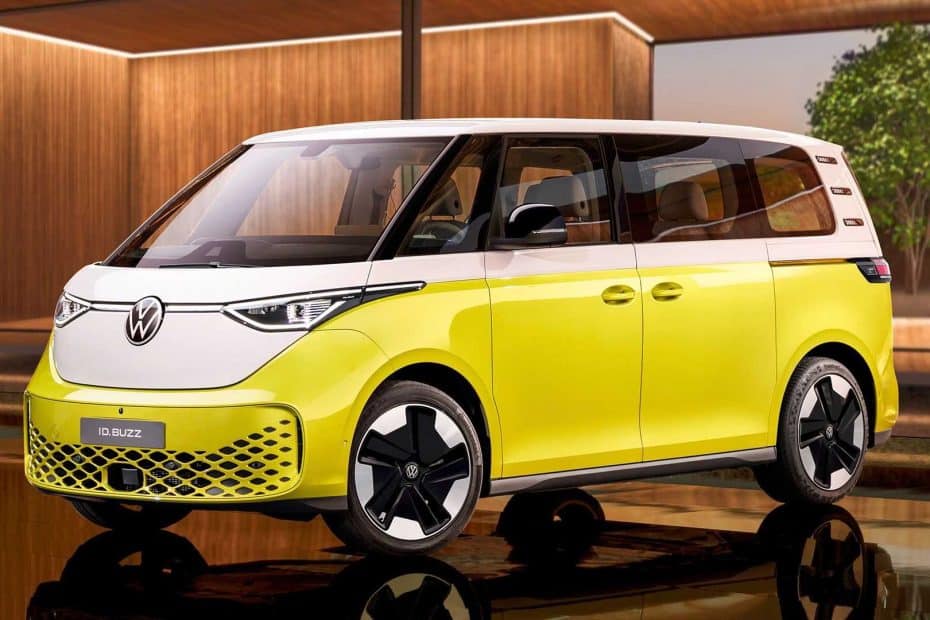
(CNN) — Volkswagen has been saying for years that it intends to, one day, sell more electric cars than Tesla. That could finally happen in 2024, according to a new report from Bloomberg Intelligence. Over the next few years, these two automakers will battle to be the leader in global electric vehicle sales, leaving the rest of the auto industry far behind, according to the analysis.
With ten different brands under its control — ranging in price and prestige from Volkswagen to Bentley — Volkswagen Group can sell a wide variety of electric models in markets around the world like the Audi e-Tron model, the Volkswagen ID.3 compact car and ID.4 SUV and the high-performance Porsche Taycan. More are expected over the next few years from across the Volkswagen Group brands.Tesla’s limited line-up of models leaves it particularly vulnerable to Volkswagen’s breadth in offerings and pricing.
Two markets, China and Europe, will be especially important to deciding leadership in electric vehicles over the next few years. Regulations in both these places heavily favor electric vehicles. By 2025, EVs are expected to account for 25% of all car sales in China and 20% in Europe, according to the report. Volkswagen, which is headquartered in Germany and has multiple factories throughout Europe, already leads Tesla in EV sales there.
In China, though, Volkswagen currently lags far behind Tesla in EV sales, commanding only 3.5% of the EV market there last year. Tesla accounted for 13% of EV sales in China in 2021, tied with China’s own BYD and behind Wuling, another Chinese automaker which sells 16% of all EVs there. The remaining 55% of EV sales in China come from a number of smaller, mostly Chinese, automakers. Electric models currently account for just 11% of all car sales in China, but regulations put a heavy cost burden on automakers that don’t sell EVs while rewarding those that do, so that percentage is expected to rise quickly.
Tesla’s especially thin line-up of just two models produced locally in China — the Model 3 sedan and the Model Y SUV — leaves it vulnerable to increasingly attractive products from local manufacturers as well as from Volkswagen, according to the analysis. Also, Tesla has committed its Shanghai factory to manufacturing for export rather than for the local market.
Bloomberg Intelligence analysts had previously expected Volkswagen might pass Tesla in 2023 worldwide. Tesla’s push to open new factories in Texas and in Germany has pushed that date out. The added year also hinges on Tesla’s introduction of the Cybertruck, though, which Bloomberg Intelligence analysts admit is “questionable.” Tesla has pushed back the launch date for the Cybertruck electric pickup several times.
Cybertruck isn’t expected to boost Tesla sales enormously, said Kevin Tynan, a North American auto industry analyst with Bloomberg Intelligence. It will compete with electric trucks from well-established truck manufacturers like Ford and General Motors. With its strange styling, Cybertruck will appeal mostly to Tesla devotees who will simply see it as a new, different Tesla product. GM, Ford and Stellantis, which is expected to offer a Ram electric pickup truck in 2024, will not easily allow Tesla to steal pickup sales.
“That’s the one segment that is, by retail revenue, the largest for our domestic automakers,” said Tynan. “That’s the turf they’re going to protect more than any other.”
If Volkswagen pushes Tesla to second place in global EV saies in 2024, the two automakers will hold a commanding lead over all other automakers, with each selling well over 2 million electric vehicles that year, according to Bloomberg Intelligence. China’s BYD is expected to be a distant third, selling one million EVs in 2024.
What happens after that will depend largely on when electric vehicles become independently profitable for automakers without government intervention, said Tynan. Once that happens, established automakers will rush into the market, potentially squeezing Tesla even more. As to when that might happen, GM’s publicly announced target date of 2035 for manufacturing only zero-emission vehicles could provide a solid clue, he said.
“Do you think if GM wanted to — if there was money to be made in that product — it would take them 15 years to get there?” he said. “No. It’s them looking at the timeline.”
Source : CNN Business

